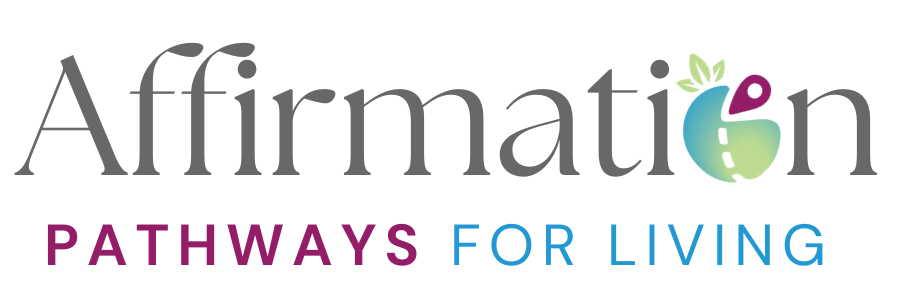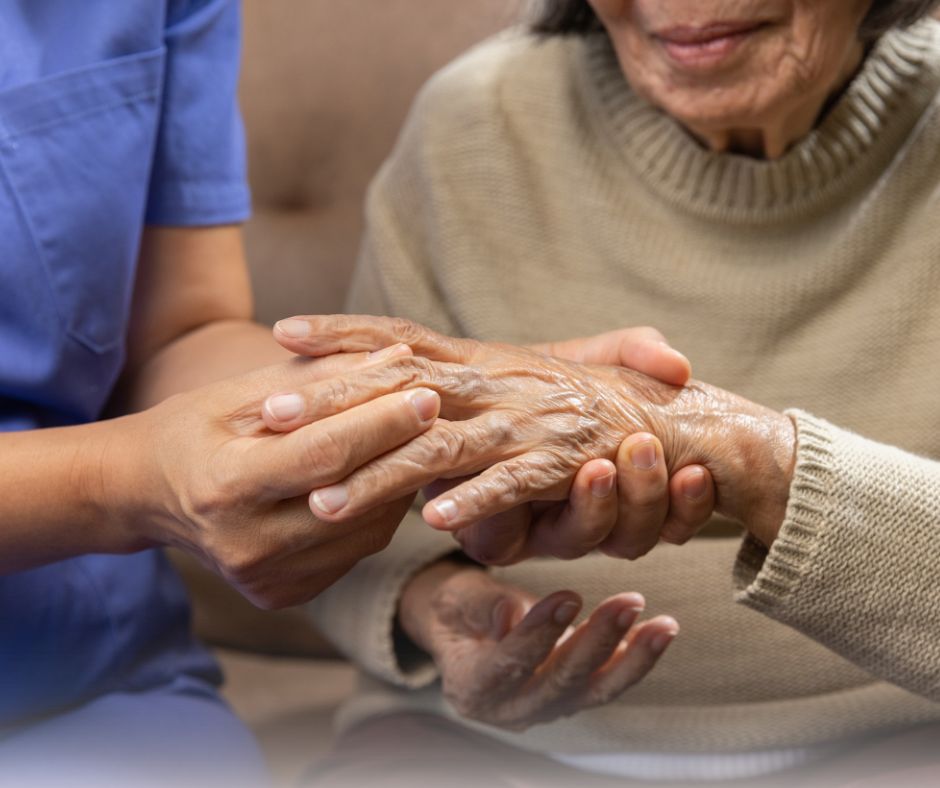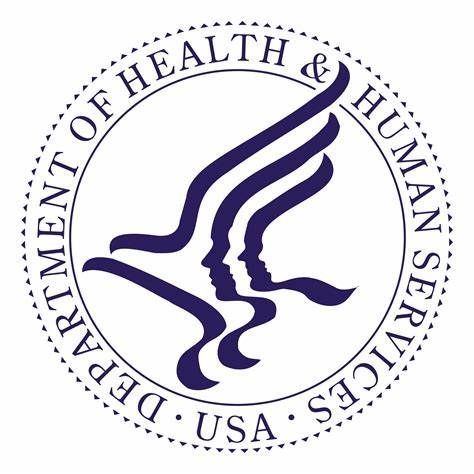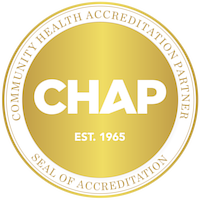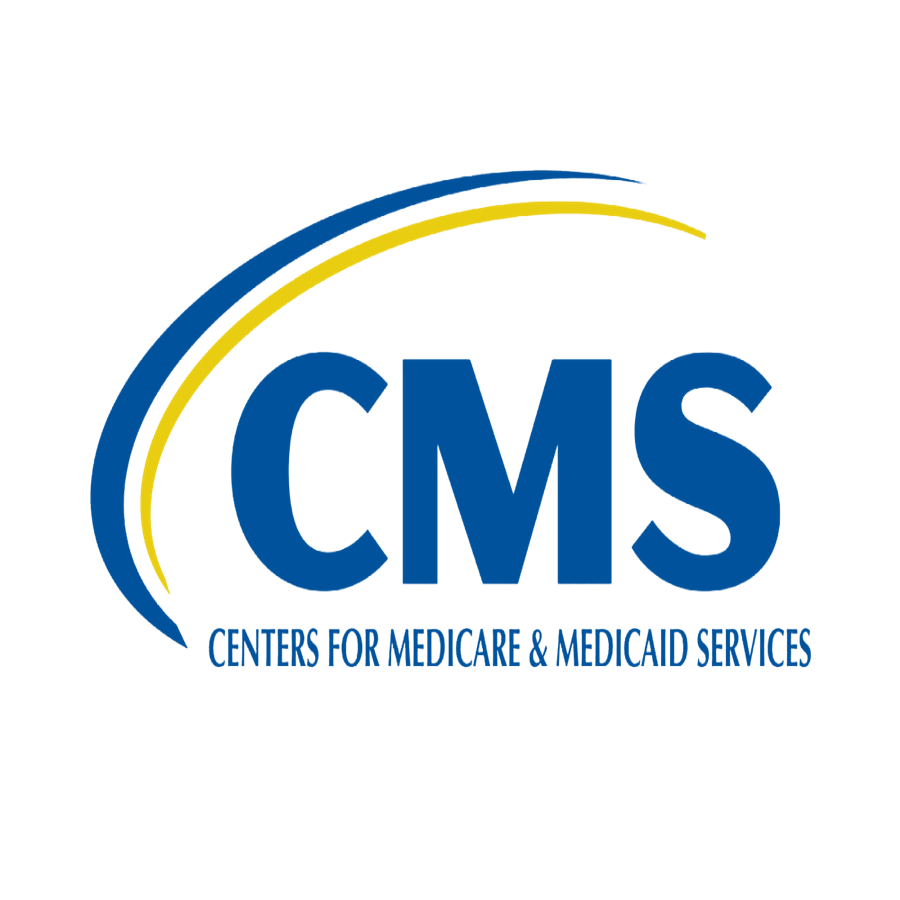The Vital Role of Nutrition in Wound Healing
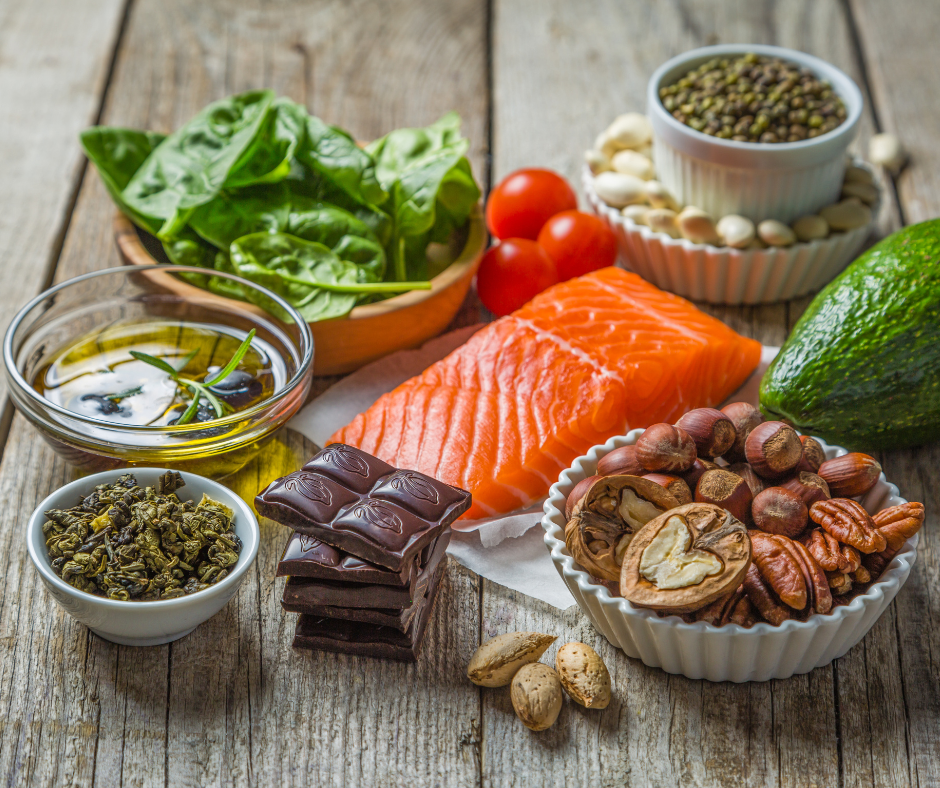
Wound healing is a complex and intricate process that our bodies undertake to repair damaged tissues. Whether it's a small cut, a surgical incision, or a chronic wound, the body's ability to heal relies heavily on various factors, with nutrition playing a pivotal role.
At Affirmation Home Health, we understand that proper wound care encompasses more than just sterile dressings and medications. In this blog, we'll explore the significance of nutrition in wound healing and how you can enhance the healing process for yourself or your loved ones.
Areas We Serve
- Home care Richmond, VA
- Home care Henrico, VA
- Home care Chesterfields, VA
- Home care Charles City, VA
- Home care Goochland, VA
- Home care Hanover, VA
- Home care New Kent, VA
Read more:
Understanding the Role of Nutrition in the Wound Healing Process
Wound healing can be broken down into three fundamental phases:
Inflammatory Phase: The body's immediate response to injury, where white blood cells fight infection and remove debris. During the initial inflammatory phase, the body needs energy to support immune function and remove pathogens. Adequate calorie intake and protein are crucial. Protein, in particular, helps to rebuild damaged tissues and supports the immune system. Foods like lean meats, fish, eggs, and dairy products can provide this essential nutrient.
Proliferative Phase: New tissue, such as collagen, is formed, and the wound gradually closes. This phase demands an array of vitamins and minerals, such as vitamin C and zinc, to facilitate collagen synthesis, a key component of tissue repair. Incorporating fruits, vegetables, and whole grains into your diet can help provide these nutrients. Omega-3 fatty acids found in fish, flaxseeds, and walnuts can also aid in reducing inflammation and promoting tissue regeneration.
Remodeling Phase: The wound matures as scar tissue develops and strengthens. In the final phase of wound healing, the body continues to strengthen the repaired tissue. Adequate nutrition is essential to ensure that the scar tissue formed is both functional and aesthetic. A balanced diet with plenty of antioxidants from fruits and vegetables can help in this process. Additionally, maintaining good hydration is crucial to support overall health and healing.
Read more:
Specific Nutrients for Wound Healing
While a well-rounded diet is important for wound healing, here are some specific nutrients that play a significant role:
Vitamin A: Promotes cell growth and tissue repair. Find it in carrots, sweet potatoes, and spinach.
Vitamin E: An antioxidant that can help reduce scar formation. Almonds, sunflower seeds, and spinach are excellent sources.
Vitamin K: Aids in blood clotting and bone metabolism, important for overall wound healing. Kale, broccoli, and Brussels sprouts are rich in vitamin K.
Iron: Necessary for the formation of hemoglobin, which carries oxygen to tissues. Lean meats, beans, and spinach are good sources.
Copper: Supports the production of collagen and elastin. You can get copper from nuts, seeds, and whole grains.
Nutrition is an often overlooked yet critical component of wound healing.
At Affirmation Home Health , we believe in a holistic approach to care, recognizing that nutrition is a fundamental part of the healing process.
By ensuring you or your loved ones receive a well-balanced diet rich in the essential nutrients needed for wound healing, you can enhance the body's natural ability to repair and regenerate damaged tissues. If you have specific dietary concerns or need personalized guidance on wound care, consult with a healthcare professional to develop a comprehensive plan tailored to your unique needs.
Your journey to optimal wound healing begins with the food you put on your plate.
Our skilled professionals are dedicated to providing top-quality in-home wound care services. To begin your journey to optimal wound healing, visit our website at www.affirmationpathways.org or contact us today to learn how we can support your unique healing needs. Don't delay; your path to optimal healing begins now.
For more information on what to eat when tryi ng to heal, check out this article from the Cleveland Clinic.
Read more:

Affirmation is a not-for-profit organization created by LifeSpire of Virginia and Pinnacle Living.
Quick Links
Compassionate In-Home Care in Richmond
All Rights Reserved | Affirmation | Site Built By Rank Rocket Creative Studios

